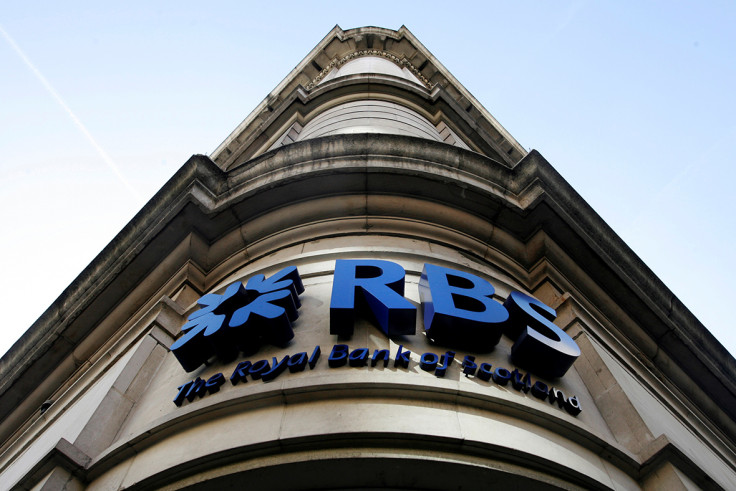RBS must bolster its financial strength after failing Bank of England stress test
Barclays and Standard Chartered fall short but will not have to increase capital strength.

Royal Bank of Scotland (RBS) failed the latest Bank of England (BoE) stress tests and will now have to take action to bolster its cash reserves to protect itself in the event of a new financial crisis.
Upon publishing the results of its latest stress test on Wednesday (30 November), the BoE said both Barclays and Standard Chartered were found to be short of requirements, although they will not be forced to raise capital immediately.
Meanwhile, Nationwide, HSBC, Lloyds and Santander UK all passed the test, which was considered to have been the toughest so far, as it assessed whether lenders could survive a 4.3% drop in the UK´s gross domestic product when compared with the BoE´s own baseline forecasts, together with a jump in the unemployment rate to 9.5%.
Other hypothetical scenarios included a 31% decline in house prices, the global economy contracting by 1.9% and 3% drop in the GDP of the US and the Eurozone.
The BoE's report showed RBS did not meet its common equity Tier 1 (CET1) capital or Tier 1 leverage hurdle rates before additional Tier 1 (AT1) conversion in this scenario. Following AT1 conversion, the bank fell short of its CET1 systemic reference point or Tier 1 leverage ratio hurdle rate.
RBS, which is 73% owned by the taxpayer, has issued a plan to Threadneedle Street in which it committed to inject approximately £2bn of fresh capital into its cash reserves. The plan has already been accepted by the Prudential Regulation Authority, which will continue to monitor the bank's progress against its revised capital plan.
Here's the scenario the @bankofengland put banks through for its stress tests. Not far off the 2008 crisis pic.twitter.com/FTzlzTvwkd
— Ed Conway (@EdConwaySky) November 30, 2016
Barclays, which did not meet its CET1 systemic reference point before AT1 conversion in the same scenario, said it already had a plan in place to bolster its financial position.
"The altogether tougher BoE stress tests meant that it was always inevitable some banks were going to fail," said Simon Goldsmith, head of risk solutions at SAS UK & Ireland.
"The systematic reference point will be the real hurdle for banks but the failure to withstand the adverse scenario drawn up in March will be of little surprise to the market. While the stress test results do paint an accurate picture of how well prepared the UK banking sector is to cope with today's biggest 'tail-risks'"
We've just published our latest #FinancialStabilityReport and the results of our annual bank stress testing. https://t.co/xrgkXDPtjk pic.twitter.com/pqJfjwzu41
— Bank of England (@bankofengland) November 30, 2016
In response to the test results, RBS has issued a statement in which it reiterates its commitment to increase its capital strength.
"We are committed to creating a stronger, simpler and safer bank for our customers and shareholders," said group chief financial officer Ewen Stevenson.
"We have taken further important steps in 2016 to enhance our capital strength, but we recognise that we have more to do to restore the bank's stress resilience including resolving outstanding legacy issue."
Meanwhile, Standard Chartered admitted it found this year's test particularly tough. The bank is more exposed to emerging markets than the majority of its peers and the scenario simulating a global financial crisis proved to be extremely challenging.
"The scenario for the stress test was severe for the group's business operations as it includes a synchronised global downturn with particularly severe impact on Asia, as well as a generalised downturn in emerging market economies," the FTSE 100-listed lender said.
© Copyright IBTimes 2025. All rights reserved.






















